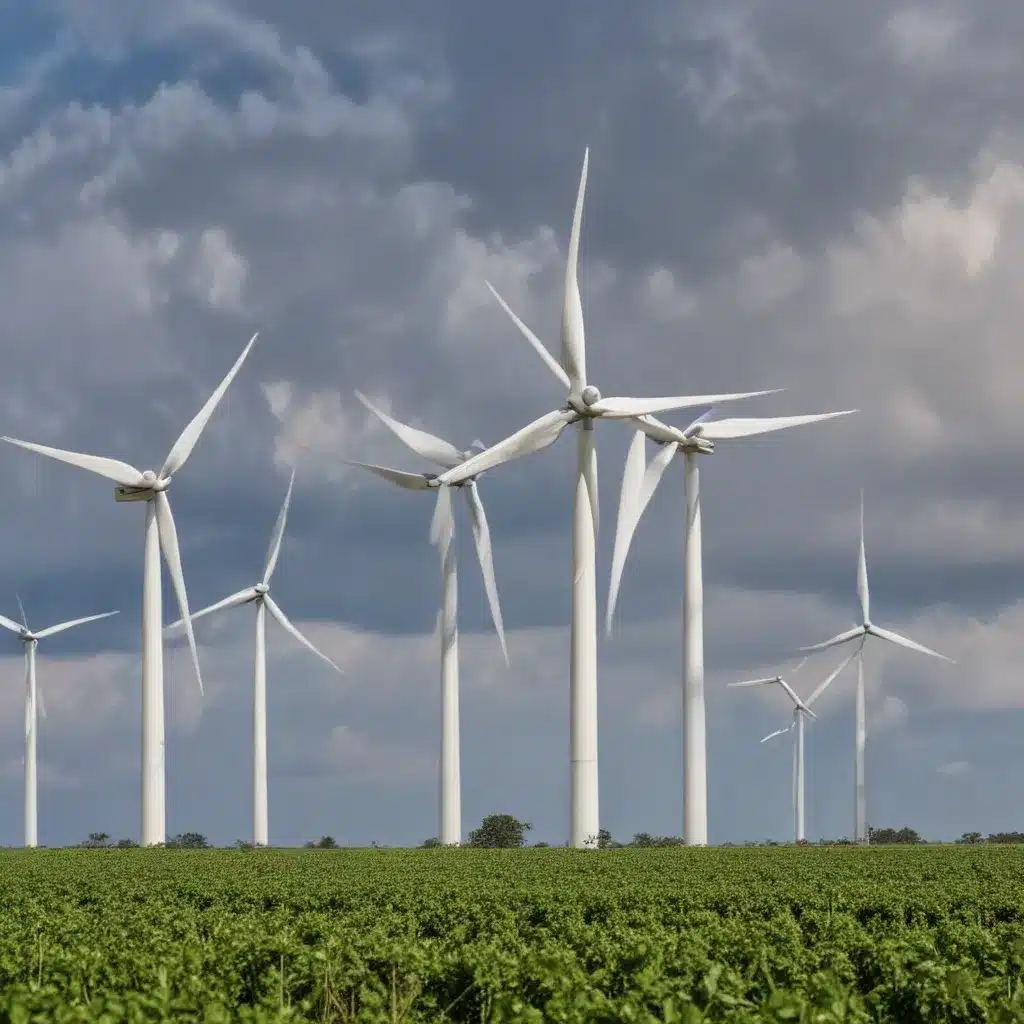
Renewable Energy Finance: Unlocking Investments for a Sustainable Future
Europe’s journey towards a carbon-neutral future is gaining momentum, driven by its ambitious renewable energy expansion plans. From the stunning growth of wind power and solar photovoltaics to the emergence of innovative hydrogen projects, the continent is making remarkable strides in its clean energy transition. However, realizing the full potential of these technologies requires significant financial investments, which presents both challenges and opportunities.
Overcoming Financing Hurdles
Renewable energy projects, while offering immense long-term benefits, often face higher upfront costs compared to traditional fossil fuel-based alternatives. This can create a barrier to widespread adoption, particularly in regions where access to capital is limited. Moreover, the inherent volatility of renewable energy generation, due to factors like weather patterns, can introduce uncertainty and risk for investors.
To address these challenges, European nations are devising comprehensive policy frameworks and innovative financing mechanisms to unlock the necessary investments. Governments are implementing feed-in tariffs, tax credits, and other incentives to make renewable energy projects more financially viable. Additionally, the establishment of green bond markets and the increasing involvement of institutional investors are providing new avenues for channeling funds into the renewable energy sector.
Innovative Financing Instruments
One of the pioneering developments in renewable energy finance is the rise of green bonds. These fixed-income securities, specifically earmarked for environmentally friendly projects, have gained traction across Europe, with the market experiencing exponential growth in recent years. The European Investment Bank (EIB), for instance, has been a prominent issuer of green bonds, raising billions of euros to support renewable energy, energy efficiency, and sustainable infrastructure initiatives.
Another innovative approach is the use of power purchase agreements (PPAs). These long-term contracts between renewable energy producers and off-takers, such as corporations or utilities, provide a stable revenue stream and reduce the risk for investors. The PPA model has been particularly successful in driving the expansion of solar photovoltaic and wind power installations across the continent.
Harnessing Public-Private Partnerships
To further mobilize the necessary capital, European countries are increasingly leveraging public-private partnerships (PPPs). These collaborations bring together government entities, private sector investors, and financial institutions to share the risks and rewards of renewable energy projects. For example, the Netherlands has launched the “Climate Investor One” fund, a blended finance vehicle that combines public and private capital to support renewable energy projects in developing countries.
Similarly, the European Commission’s InvestEU program serves as a crucial catalyst for renewable energy investments. By providing financial guarantees and risk-sharing mechanisms, the program helps to attract private capital and de-risk renewable energy projects, particularly in regions where the investment landscape may be more challenging.
Aligning with Sustainability Goals
As the renewable energy sector expands, there is a growing emphasis on ensuring that investments are not only financially viable but also environmentally and socially responsible. The integration of environmental, social, and governance (ESG) criteria into investment decision-making has become increasingly prominent, with investors and asset managers seeking to align their portfolios with the United Nations Sustainable Development Goals (UN SDGs).
This shift towards sustainable investment strategies is particularly evident in the renewable energy sector, where projects are evaluated not only on their financial returns but also on their ability to contribute to the broader sustainability agenda. For instance, many investors are prioritizing renewable energy projects that not only generate clean electricity but also create local jobs, support community development, and protect biodiversity.
Policy and Regulatory Frameworks
The success of Europe’s renewable energy transition is intrinsically linked to the strength of its policy and regulatory frameworks. Governments across the continent have implemented a range of measures to incentivize and support the growth of the renewable energy sector.
One prominent example is the European Union’s Renewable Energy Directive, which sets binding targets for the share of renewable energy in the overall energy mix. This directive, coupled with national-level policies, has provided a clear and consistent signal to investors, driving the expansion of wind, solar, and other renewable technologies.
Additionally, the EU’s Emissions Trading System (ETS) has played a critical role in pricing carbon emissions and incentivizing the shift towards cleaner energy sources. By establishing a market-based mechanism for trading carbon credits, the ETS has created financial incentives for businesses to invest in renewable energy and energy efficiency measures.
Unlocking Investments through International Cooperation
Beyond national and regional initiatives, Europe’s renewable energy transition is also being supported by international cooperation and global initiatives. The International Renewable Energy Agency (IRENA), for instance, has been instrumental in facilitating knowledge sharing, promoting best practices, and mobilizing financing for renewable energy projects worldwide.
Moreover, the United Nations Framework Convention on Climate Change (UNFCCC) and its associated agreements, such as the Paris Agreement, have provided a global framework for coordinated climate action, including the mobilization of climate finance. These international initiatives have helped to attract investments, foster technological innovation, and drive the adoption of renewable energy solutions across Europe and beyond.
Towards a Sustainable Energy Future
As Europe forges ahead with its ambitious renewable energy goals, the role of finance in unlocking the necessary investments has become increasingly vital. By leveraging a diverse array of financing mechanisms, from traditional instruments to innovative approaches, the continent is well-positioned to harness the full potential of its renewable energy resources.
The collaboration between the public and private sectors, the integration of sustainability principles, and the alignment with international climate frameworks have all been instrumental in creating a conducive environment for renewable energy investments. As the world collectively strives to address the urgent challenge of climate change, Europe’s journey towards a sustainable energy future holds important lessons and inspirations for the global community.
To learn more about Europe’s renewable energy landscape and the latest developments in clean energy finance, we invite you to explore the resources available on the European Future Energy Forum website.







